The content of the article
Women are afraid of menopause, because it portends old age. Women are most afraid of wrinkles and decreased libido. You can stay young, radiant and sexually active during the postmenopausal period. How? With the help of drugs that normalize the level of estrogen and progesterone. The main thing is to notice the first signs of the extinction of the reproductive function in a timely manner and seek the advice of a gynecologist.
Cycle disruptions
Why is menopause coming? At the age of 40–45, the supply of eggs is depleted. The female body decides that it is necessary to stop the work of the ovaries, because they cease to fulfill their main task. Why waste resources on a useless body? But the extinction occurs gradually, so that sudden hormonal changes do not become a strong stress for the body.
The ovaries are responsible for the production of estrogen, androgen and progesterone. They regulate ovulation and the menstrual cycle. Premenopause is the first stage of menopause, which is characterized by a decrease in the level of female hormones. When estrogen concentration decreases, menstruation becomes irregular.
Mature patients turn to the gynecologist with two common complaints: dryness in the vagina and malfunctions of the menstrual cycle. After a detailed examination, it turns out that the first stage of menopause has begun. Of course, sometimes similar symptoms can indicate fibroids or cervical cancer. But in 90 cases out of 100, hormonal changes and the extinction of the reproductive system are to blame.
In the period of premenopause, the duration of breaks between menstruation is from 40 to 90 days. Gradually, pauses increase, and after a few months or years, menstruation disappears. Menopause is said if there is no discharge for more than a year.
The second sign of menopause is strange bleeding. Abundant discharge alternates with scarce smearing and vice versa. But gradually the amount of menstrual blood decreases. If earlier a woman bought pads every month, then during the premenopausal period one pack is enough for her several times.
The third symptom is the inability to conceive. Patients who are 40-50 years old are not afraid of the extinction of the reproductive system. By this age, most women manage to give birth to at least 1 child. But menopause is early. The ovaries cease to function at the age of 30–35. The most common causes are:
- removal of the uterus and appendages due to malignant tumors;
- hormone therapy;
- uncontrolled intake of oral contraceptives;
- heredity.
Women who stop ovulating and estrogen production can be prescribed medication. And if the drugs are not able to restore ovarian function, patients who dream about a baby are offered artificial methods of conception.
Dryness and decreased libido
The onset of menopause also warns the lack of sexual attraction to the opposite sex. When a woman loses her ability to reproduce, libido decreases. The body does not see the point in making love. In the female body, changes are occurring.
First, the vagina ceases to produce lubricant during arousal. Its walls become thinner and lose elasticity. Sexual intercourse is not pleasure, but discomfort and severe pain.
Secondly, patients are simply not interested in sex. They cease to see in men a potential sexual partner due to a decrease in estrogen levels. Women are less likely to make love and masturbate. Although in some representatives of the weaker sex during the premenopausal period, libido, on the contrary, increases.They become more active and often experience orgasms.
What determines the sexual function in women? Libido is affected by heredity, the presence or absence of stressful situations, nutrition and physical activity. Patients who play sports, monitor the diet and devote a lot of time to taking care of themselves, retain a desire to make love even after the ovaries have died out.
Among the early symptoms of menopause, not only a decrease in libido, but also an exacerbation of gynecological diseases are distinguished. When the amount of mucus produced by the vagina is reduced, local immunity suffers. It becomes more difficult for the female body to resist microbes and fungal infections, so patients often complain of thrush, cystitis, vaginitis and inflammatory processes.
Dryness and other signs of menopause are removed with hormonal preparations based on plants. They replace estrogen produced by the body. Libido returns and immunity of the uterus and appendages increases. In some cases, women are prescribed candles and are advised to avoid stressful situations, as well as drink plenty of fluids to improve blood circulation in the pelvic organs.
Emotional instability
Extinction of the ovaries leads to disruption of the nervous system. The heart suffers, problems with pressure appear. Sleep is getting worse, because a woman tosses and turns in bed for a long time because of a sense of anxiety. She is haunted by obsessive thoughts and the feeling that something bad is about to happen. Sometimes the symptoms are supplemented by tachycardia or heart rhythm disturbance. It is difficult for the patient to calm down, convince herself that these are just games of the nervous system, and relax.
At night, chills are also observed, which occurs due to pressure drops. A woman wakes up from a strong feeling of cold. Even warm pajamas, woolen socks and several blankets do not save. But chills pass as quickly as they begin.
The mood during the premenopausal period is unstable. Irritability, tearfulness and forgetfulness increase. Patients complain of poor memory and distraction. They can laugh for no reason, and after a minute they will report to a colleague or subordinate for a dirty cup left on the table.
Insomnia leads to a constant feeling of tiredness. Women hardly get out of bed. They find it difficult to concentrate due to drowsiness and lack of energy. And some have a lump in the throat that makes breathing and swallowing difficult.
Anxiety is complemented by frequent headaches. With a lack of hormones, the muscles of the face, shoulders and neck are constantly tensed. The nerve endings are squeezed, because of which the blood circulation in the head worsens, and the brain lacks oxygen and nutrients.
Changes in the female body lead to the appearance of depressive thoughts. The fairer sex is concerned about withering of the skin, insomnia, lack of menstruation and constant fatigue. They are afraid of old age and wrinkles. Some patients try to reduce communication with friends and fenced off from the outside world, shy of their own bodies.
Fever and urination problems
When the ovaries stop producing estrogens, the skin and soft tissues lose elasticity. The first deep wrinkles are formed, the condition of the nail plates worsens. More hair falls out. The mucous membranes of the eyes and mouth dry up.
But one of the main problems is the relaxation of the walls of the bladder. In many women with menopause, urinary incontinence occurs. Some patients cope with the problem using ordinary sanitary pads, while others have to buy special urological options and refuse sports activities, active games and sex.
Premenopause is also often accompanied by hot flashes. They occur during the day and night. Attacks last from a few seconds to half an hour. They cannot be warned or predicted. A woman feels blood rushing to her face, neck and décolleté.It becomes hot and stuffy, the heartbeat intensifies. Sometimes pulsation appears in the temples or ears. Breathing is disturbed, the skin is covered with sweat and red spots. Tides are accompanied by increased sweating. Sometimes after an attack you have to change your blouse or shirt, wet through and through.
Hands and feet may become numb, tingling sensation appears in the fingers. Dizzy and impaired vision, and some patients during the tides lose consciousness. Panic attacks are sometimes added to these symptoms. At such moments, a woman needs to go outside or stand at the open window, drink some cool water and try to calm down.
Menopause is faced by each representative of the weaker sex. In some, premenopause occurs earlier, while others - later. The main thing is not to despair, monitor the health of the reproductive system and regularly visit a gynecologist. And also go in for sports, monitor nutrition and lead an active lifestyle. After all, women who move a lot and communicate with friends, easier to endure menopause and get used to their new state.
Video: menopause and menopause symptoms in women

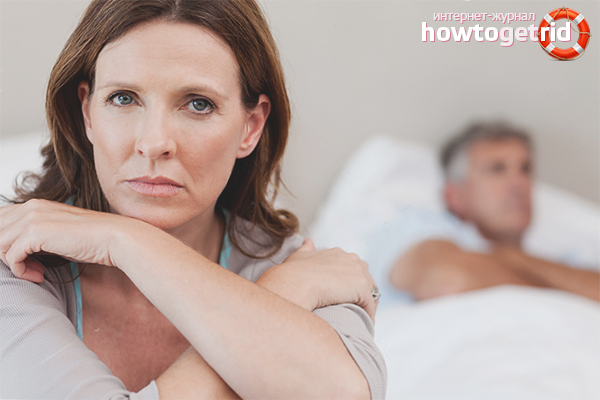
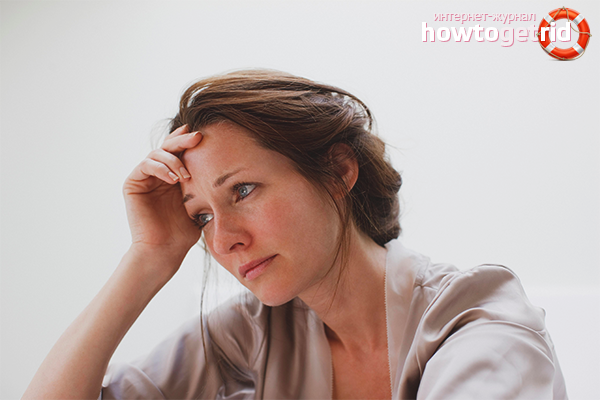
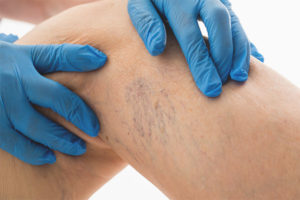
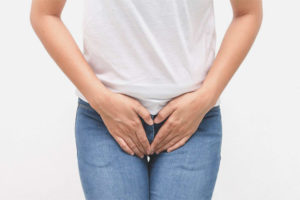
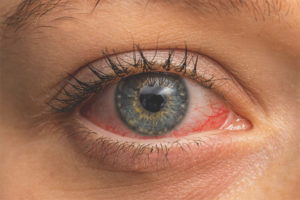

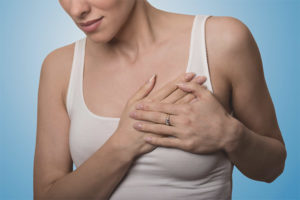
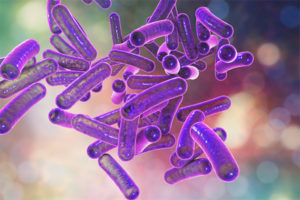
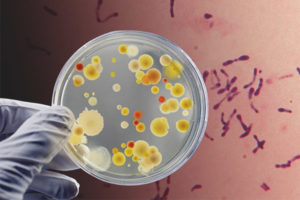

Submit